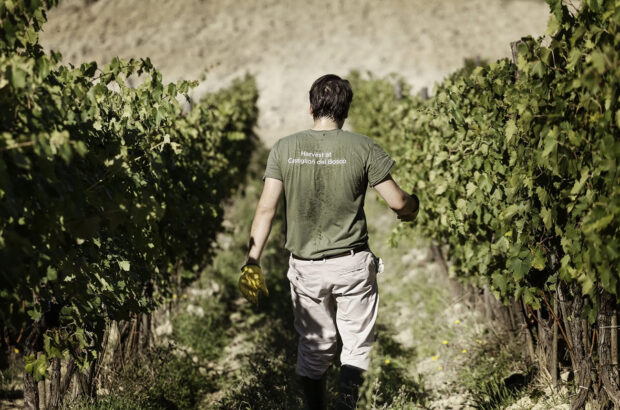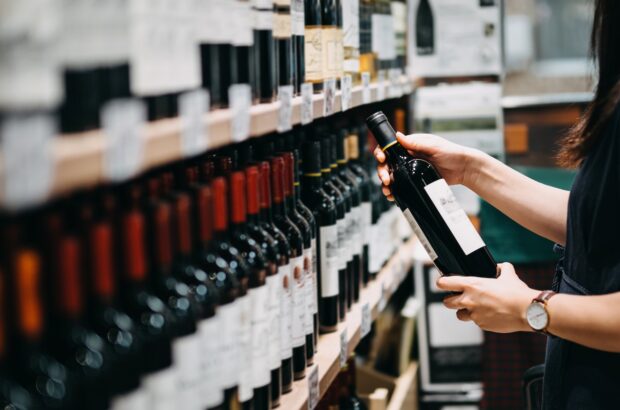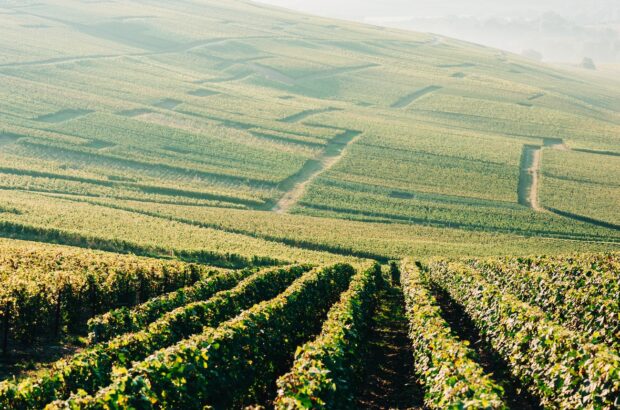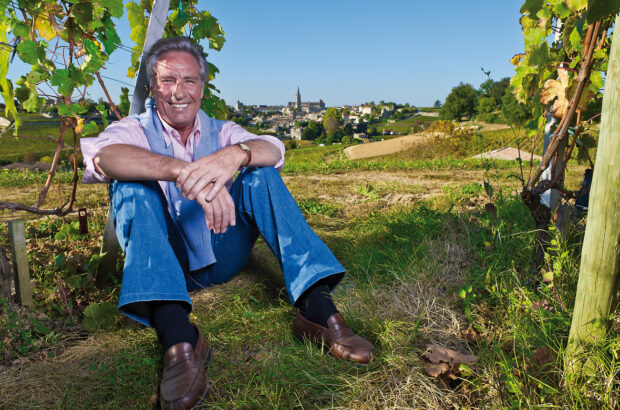Robert Mondavi Winery is set to take over premium Italian producer Tenuta dell'Ornellaia.
The Napa winery announced yesterday its plans to acquire the highly regarded wine estate founded in 1981 by Marchese Lodovico Antinori in the Bolgheri region of Tuscany.
Antinori originally approached Mondavi and suggested a full buy-out. It is understood he wanted to commit himself more to his new venture with his brother Piero – producing a premium red from virgin land in Bolgheri.
Robert Mondavi has held a minority interest in the estate since November 1999 and is now purchasing the remaining shares. Mondavi will bring in current Italian partners the Frescobaldi family as joint partners in June this year – since 1998 the two have produced Luce, a sangiovese-merlot blend that is tipped as the next Opus One.
Ornellaia will continue to be managed independently by the team that currently runs the estate: general manager Leonardo Raspini, commercial director Alex Belson and winemaker Thomas Duroux.
It is not clear what role Lodovico Antinori will play under the new directorship. He is currently president and will remain so for the foreseeable future, Alex Belson said. ‘We all hope he will continue to be involved, participating in key events and acting as a spokesman for Ornellaia. But we don’t have a crystal ball.’
Russ Weis, senior vice president international business development at Mondavi, also said he hoped Antinori would stay on. ‘We want him to stay as president for at least a year.’
Weis also stressed how important the Frescobaldis were for the estate – which produces Masseto, Le Serre Nuove, Le Volte, and Poggio alle Gazze as well as ‘Super Tuscan’ Ornellaia.
‘They are super-important. We need to have someone who really understands Tuscany. Our role is to provide financial support,’ he told decanter.com.
Robert Mondavi Winery chairman Michael Mondavi said in a press release, ‘This estate and its wines are a benchmark for all of Italy. Sharing ownership with the Frescobaldis is consistent with our joint venture philosophy of having local partners who understand the wines and the culture of the region.’
Written by Adam Lechmere19 March 2002






